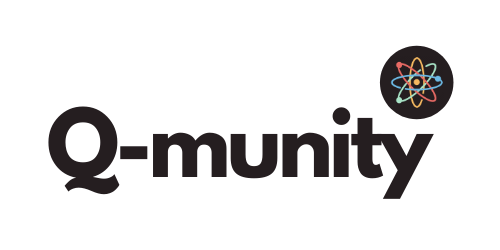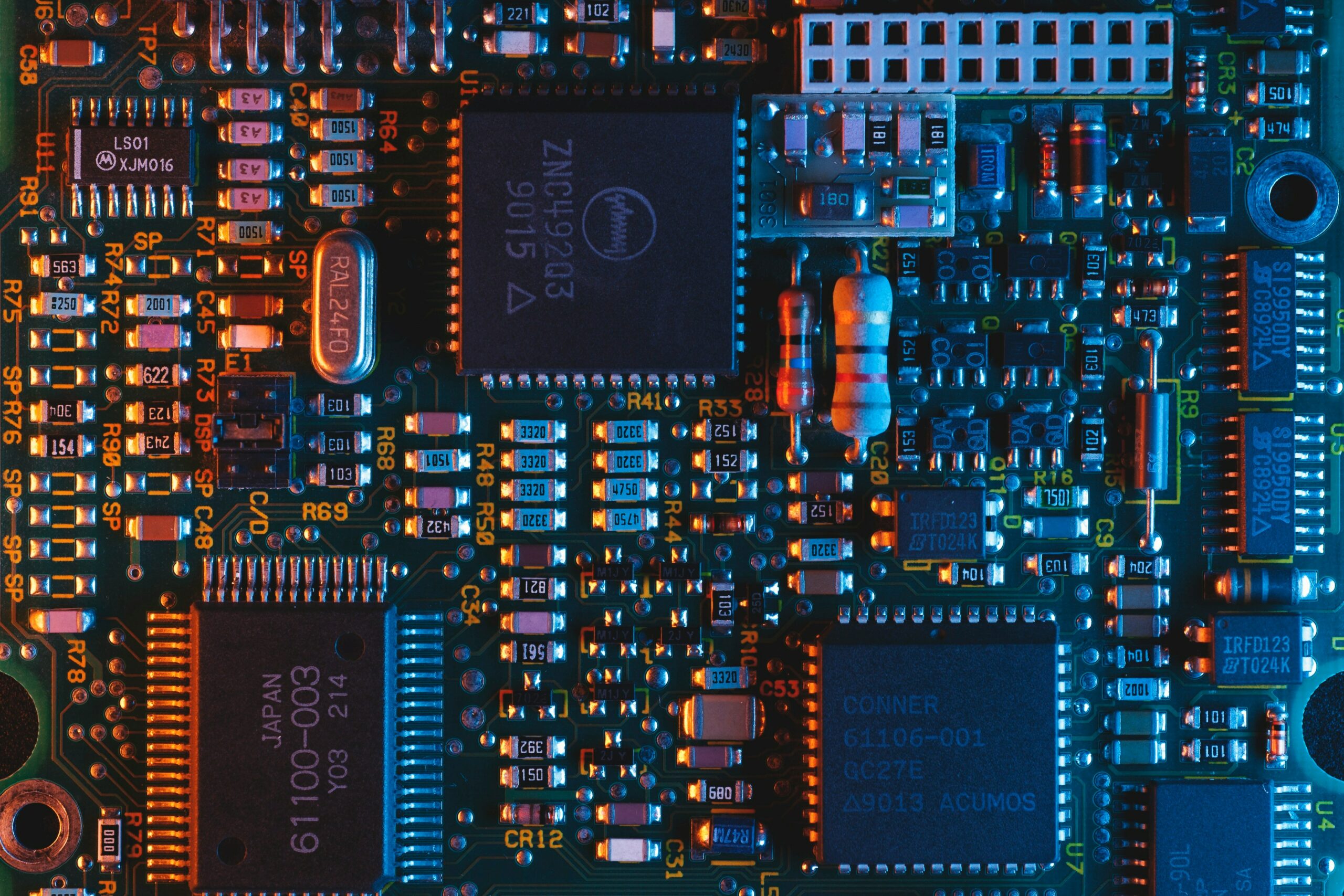It is college and graduate school application season! With this, numerous students all around the globe are looking to select their fields of study for the next few years, many of whom as looking to study quantum computing. For aspiring quantum computer and information scientists, here are a few fields to consider!
- Quantum Information Science and Quantum Computing
A select few universities around the globe offer pathways directly in quantum computing (QC) and quantum information science (QIS). For students who are solidly set on pursuing QC as a career, these programs may be ideal.
Today, top research universities, such as Harvard, offer degree programs for quantum information science and engineering. - Physics
The relevance of physics in quantum computing is self-explanatory. Quantum mechanics and waves and optics dominate a significant amount of discourse in the field. Holding a degree in the field with specific concentrations in theory or quantum mechanics would allow for the necessary knowledge to get involved.
Top programs in the United States (US) include those offered at the Massachusetts Institute of Technology, University of Maryland at College Park, and California Institute of Technology. - Materials Science
While less direct, a degree in materials science (with a specialty in materials on the quantum level) would inform ongoing research in developing quantum computing processor units. Building a quantum computer – and its associated components – requires extensive knowledge of the properties of the materials. After all, the computation relies on quantum characteristics of these materials, and knowledge on how to achieve the associated states will be valuable.
Top programs in this field located in the US included those offered at the University of California – Berkeley, Carnegie Mellon University, and the University of California – Los Angeles. - Electrical Engineering
An awareness of computer systems and architecture will aid greatly in the development of quantum computing processors. In an era of quantum computing where companies are investing in building better – and more coherent – hardware, a deep understanding of computer architectures will aid greatly in understanding how to design quantum processor units.
In electrical engineering, top programs in the US include those at the University of California – Berkeley, Stanford, and the Georgia Institute of Technology. - Mathematics
For individuals looking to get involved in the theoretical side of quantum computing, a mathematics degree will lend heavily to authoring algorithms in the field. After all, quantum computing leans heavily on linear algebra and complex numbers. Furthermore, the question of quantum advantage is an open one, and it often falls to mathematicians and theoretical computer scientists to devise and prove the complexity of quantum algorithms.
Reputable programs at the top of the list located in the US include the Massachusetts Institute of Technology, Princeton University, and Columbia University.
- Computer Science and Computational Science & Engineering
In order to implement quantum algorithms, there must be some way to interact with the quantum computer. Companies worldwide are seeking to set the standard for quantum computing languages and benchmarks, and computer scientists lead the charge in these projects. For those more interested in quantum computing theory, some universities may offer theoretical computer science concentrations that overlap heavily with the mathematics underlying QC.
For computer science, top programs include Carnegie Mellon University, University of Illinois – Urbana-Champaign, and the Massachusetts Institute of Technology.
There are plenty of places for people from a diverse range of backgrounds in quantum computing. From business (as quantum computing approaches commercialization) to industrial engineering (in manufacturing components), the possibilities are broad for anyone looking to not only study quantum computing but get involved in the industry. Nonetheless, quantum computing relies on irreplaceable knowledge from each of these six fields. Best of luck on your college and graduate school journey!
See Also:







